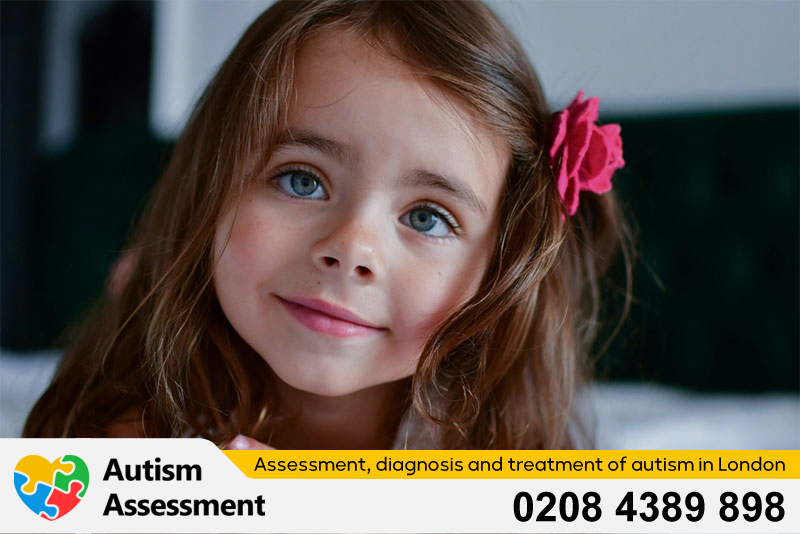Understanding Autism: Development and Recognition
Autism, or autism spectrum disorder (ASD), is a complex neurodevelopmental condition characterized by challenges in social interaction, communication, and restricted or repetitive behaviors. The question of whether autism can be developed later in life is one that has been explored by various health professionals and researchers.
The prevailing consensus in the medical community is that autism is a condition present from early childhood. It is not something that one can develop later in life like some diseases or conditions. Autism is considered a neurodivergence that individuals are born with, and it encompasses a range of symptoms and abilities. The Diagnostic and Statistical Manual of Mental Disorders, 5th edition (DSM-5), which is a critical reference for mental health professionals, states that the traits associated with autism are present during the early developmental period.
However, it is important to note that while autism itself does not develop later in life, the recognition and diagnosis of the condition can occur at any age. This is particularly true for individuals who may have less noticeable symptoms or who have developed coping strategies that mask their autistic traits. These individuals may go undiagnosed until the demands of life exceed their capacity to cope, or until they seek help for related challenges.
Late diagnosis of autism, especially in adults, does not imply that the condition has newly developed. Instead, it often means that the traits have been present since childhood but were not recognized or diagnosed until later. This late recognition can be due to a variety of reasons, including increased awareness, better access to diagnostic services, or encounters with life situations that bring the traits to the forefront.
Research has shown that genetic factors play a significant role in autism. A study involving more than 2 million people across five countries estimated that the heritability of ASD could be around 80%, indicating a strong genetic component. Additionally, certain environmental factors during pregnancy, such as exposure to specific medications or infections, may also contribute to the likelihood of a child being born with autism.
It’s crucial to dispel myths and misconceptions about autism, such as the idea that it can be caused by parenting styles, neglect, or vaccinations. These myths can lead to stigma and misunderstanding about the condition. Autism is not caused by any single factor but is a result of a complex interplay between genetics and the environment.
In conclusion, autism is a condition that individuals are born with, and it cannot be developed later in life. The increasing number of diagnoses in adults reflects a growing awareness and understanding of the condition, rather than a late onset of autism. For those seeking a diagnosis or support for autism in adulthood, it is advisable to consult healthcare professionals who specialize in neurodevelopmental disorders.
For more information on autism and its diagnosis, readers can refer to resources provided by organizations such as the Centers for Disease Control and Prevention and various health-related websites that offer up-to-date and research-backed information.



